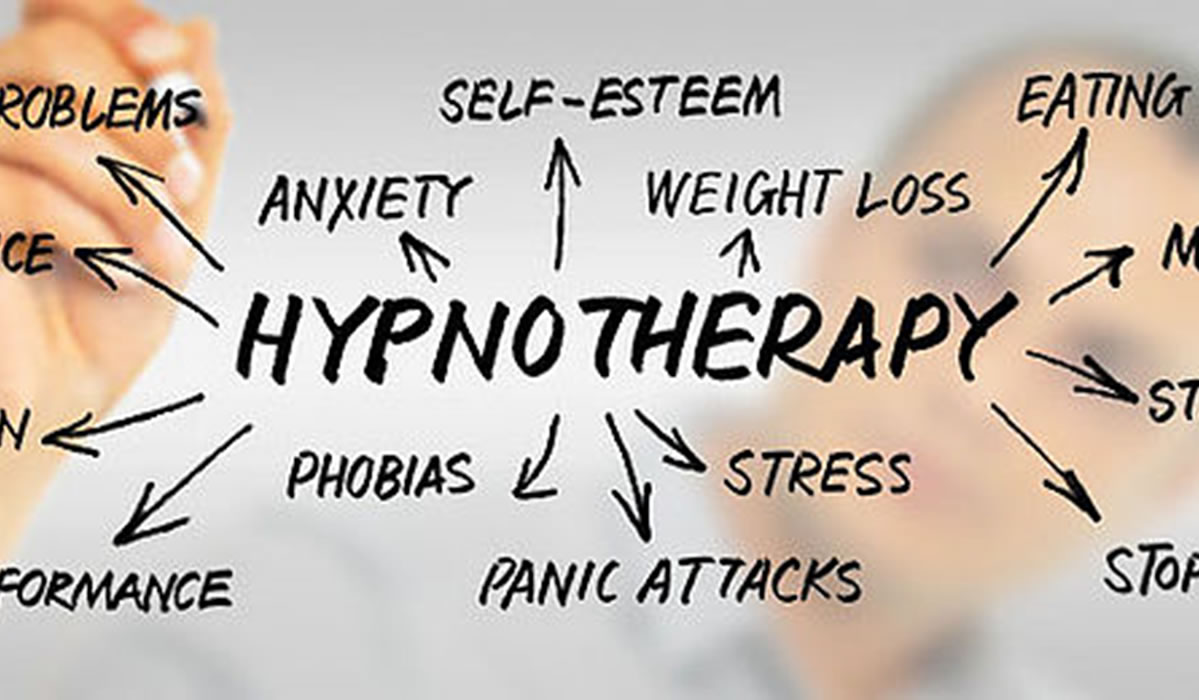In a world where the mind’s capabilities remain largely unexplored, hypnosis therapy emerges as a profound tool for unlocking human potential. This therapeutic approach has evolved significantly, shedding its cloak of mystery to reveal a scientifically backed methodology aimed at enhancing mental health, fostering personal growth, and facilitating profound life changes.
This article delves into the essence of hypnosis therapy, its applications, benefits, and misconceptions, offering insights into how it can serve as a key to unlocking an individual’s latent potential.
Understanding Hypnosis Therapy
Hypnosis therapy, also known as hypnotherapy, involves guiding an individual into a state of deep relaxation and heightened focus, known as a trance. This state enables therapists to bypass the conscious mind’s barriers, allowing direct communication with the subconscious.
Contrary to popular belief, hypnosis does not involve mind control or loss of consciousness; rather, it empowers individuals to access their inner strengths and resources.
The Science Behind the Therapy
The scientific community has shown increasing interest in hypnotherapy, with research validating its effectiveness in various areas. Neuroimaging studies reveal that hypnosis can alter brain activity, particularly in regions responsible for attention, perception, and control. This alteration explains the heightened state of suggestibility and deep relaxation experienced during hypnotherapy sessions.
Applications of Hypnosis Therapy
Hypnotherapy’s versatility makes it applicable across a wide range of issues. Its use extends beyond traditional therapy settings, benefiting individuals seeking self-improvement or those grappling with specific challenges.
Overcoming Mental Health Challenges
Hypnotherapy has proven effective in managing anxiety, depression, and stress-related disorders. By accessing the subconscious, therapists can help individuals reframe negative thought patterns, enhance emotional regulation, and develop coping mechanisms, leading to significant improvements in mental well-being.
Enhancing Physical Health
Beyond its mental health benefits, hypnosis therapy can also influence physical health. It has been successfully used to manage pain, support weight loss, improve sleep quality, and even assist in quitting smoking. The mind-body connection plays a crucial role here, with the power of suggestion influencing physical processes and behaviors.
Personal Growth and Development
Individuals seeking personal development find hypnosis therapy a valuable tool for enhancing self-esteem, boosting confidence, and overcoming fears or phobias. It can also aid in improving focus, motivation, and performance, whether in academic, professional, or athletic arenas.
Benefits of Hypnosis Therapy
The benefits of hypnosis therapy extend far beyond its direct applications, offering a holistic approach to wellness and personal growth.
Empowerment and Self-awareness
One of the most significant benefits is the sense of empowerment and increased self-awareness individuals gain. By accessing the subconscious, individuals can uncover and address underlying issues, leading to profound personal insights and growth.
Safety and Non-invasiveness
Hypnosis therapy is a safe and non-invasive method, making it a viable option for those hesitant about medication or more conventional therapies. It provides a gentle yet effective means of facilitating change, with minimal side effects.
Complementary Nature
Hypnotherapy complements other therapeutic approaches, enhancing their effectiveness. It can be integrated into a comprehensive treatment plan, offering a multifaceted approach to healing and personal development.
Debunking Common Misconceptions
Despite its proven benefits, hypnosis therapy is shrouded in myths and misconceptions, often fueled by media portrayals and misunderstandings.
Hypnosis is Not Mind Control
One of the most pervasive myths is that hypnosis involves mind control. In reality, individuals under hypnosis remain in control and aware. They can choose to accept or reject suggestions and can emerge from the trance state at will.
It’s More Than Stage Entertainment
While stage hypnosis for entertainment purposes has contributed to misconceptions, therapeutic hypnosis is a legitimate and serious practice focused on healing and personal growth, not entertainment.
Unlocking Potential with Hypnosis Therapy
Hypnosis therapy offers a unique pathway to unlocking human potential. By facilitating access to the subconscious, individuals can overcome barriers, enhance personal strengths, and embark on a journey of self-discovery and transformation. This approach aligns with the growing recognition of the mind’s power in shaping our reality, offering a valuable tool for those seeking to harness their inner resources for positive change.
The Road Ahead
As understanding and acceptance of hypnosis therapy grow, so does its potential to impact lives positively. Continued research and clinical application will likely expand its uses, making hypnosis an integral part of holistic health and personal development strategies.
Conclusion
In conclusion, hypnosis therapy stands as a testament to the mind’s remarkable capabilities. By tapping into the subconscious, it opens doors to healing, growth, and the realization of one’s full potential. As we continue to explore and harness this powerful tool, the possibilities for personal and collective transformation are boundless.
